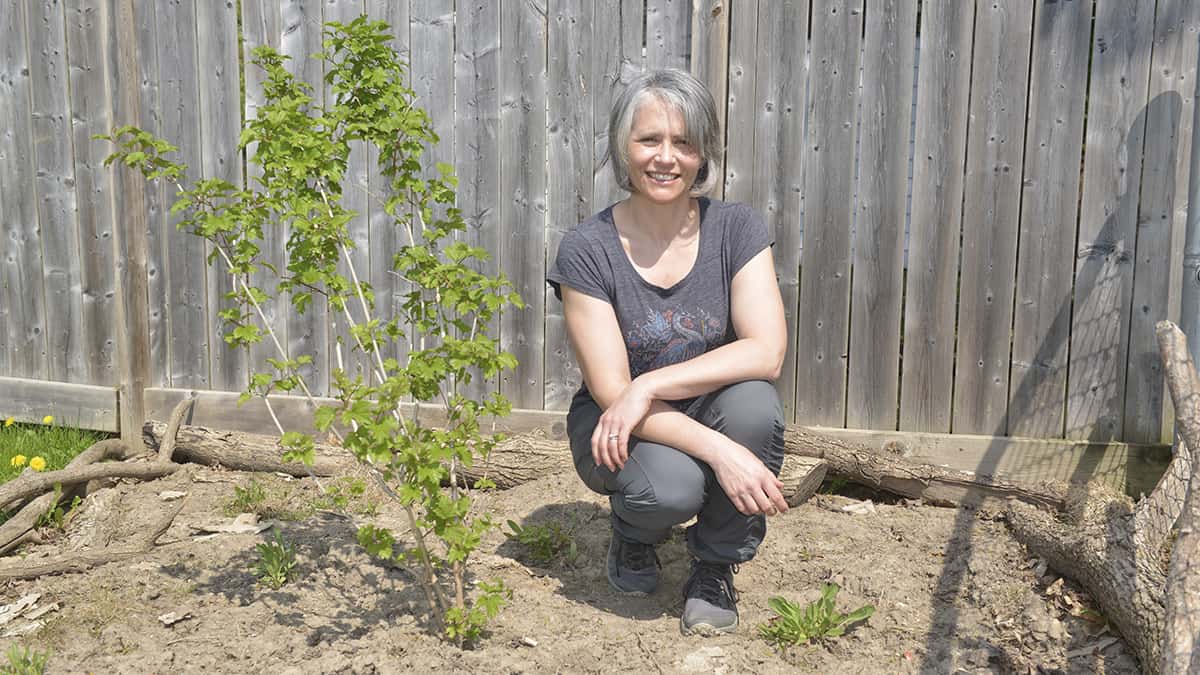The region is looking to speed up second vaccination shots for highest-risk health care workers, a new priority as officials open up pre-registration for appointments to most residents.
Those health care workers who already have appointments booked for a second shot are being asked to stay on that schedule.
“The Waterloo Region Vaccine Distribution Task Force is committed to balancing the priority of getting first doses in arms as quickly as possible with the priority to get second doses to those identified by the province as being at highest risk,” said Shirley Hilton, who heads the group, in a weekly briefing May 14. “With more vaccine on the way, we’ll be increasing our capacity at our vaccination clinics in the weeks ahead.”
Given ongoing shortages, the new provincial priority for highest-risk health care workers will require some juggling, said Hilton.
“What’s really important here is that appointments will continue to be based on priority. What we are doing is balancing the current first dose eligibility strategy with the new short second dose eligibility.”
Part of getting workers vaccinated is the creation of onsite vaccination spots, she noted.
“As we work to vaccinate central workers as quickly as possible, we are working with employers on vaccination strategies that will include some limited onsite vaccination clinics,” said Hilton, adding the quickest way will remain through the region’s vaccine centres for most workers.
An increase of the Pfizer supply is anticipated for this week with an even larger shipment expected later in the month and into June. Last week also saw a larger than expected Moderna vaccine shipment.
“We were quickly able to shift planning and distribute to clinics originally scheduled to be closed. They were able to open and are able to open and provide more opportunity for those eligible to bump appointments and further clinic times were opened at Pinebush (Cambridge) and Wellesley clinics as a result.”
Use of the Astra-Zeneca vaccine has been paused, but local public health officials continue to assure people they made the a good decision in getting it.
“For those that have received AstraZeneca, they made the right choice. They help protect themselves and their loved ones, they also helped protect our community and drive our rates down. We had very good uptake in the region of AstraZeneca vaccine at a time when we had scarcity of the other vaccines, and at a time when we were having rapidly increasing rates,” said medical officer of health Dr. Hsiu-Li Wang. “These individuals truly took the opportunity to protect themselves earlier and to help our community overall and drive down case rates as a result of what they did.”
Having received the AstraZeneca vaccine for a first shot, residents will likely be able to acquire a different vaccine for the second shot.
“I know that people are anxious for that they really want to know, regardless of what it is that we tell them, they just want to know, right? What am I going to get for my second dose and when? Now, one of the things to be aware about AstraZeneca is that the regular interval is actually 12 weeks. So, it’s not like the Pfizer and Moderna vaccines where the manufacturer is interval is shorter – it’s actually 12 weeks, and that’s what gives people the best protection. We will have that information for people before their second dose is due. But it just means that in the next, little while, we’re just waiting for that information, which I know can produce a bit of anxiety.”
The region has now administered 246,000 doses, with about 49 per cent of adults having received at least one dose of vaccine. Just 3.6 per cent of those over the age of 18 have been fully vaccinated.









